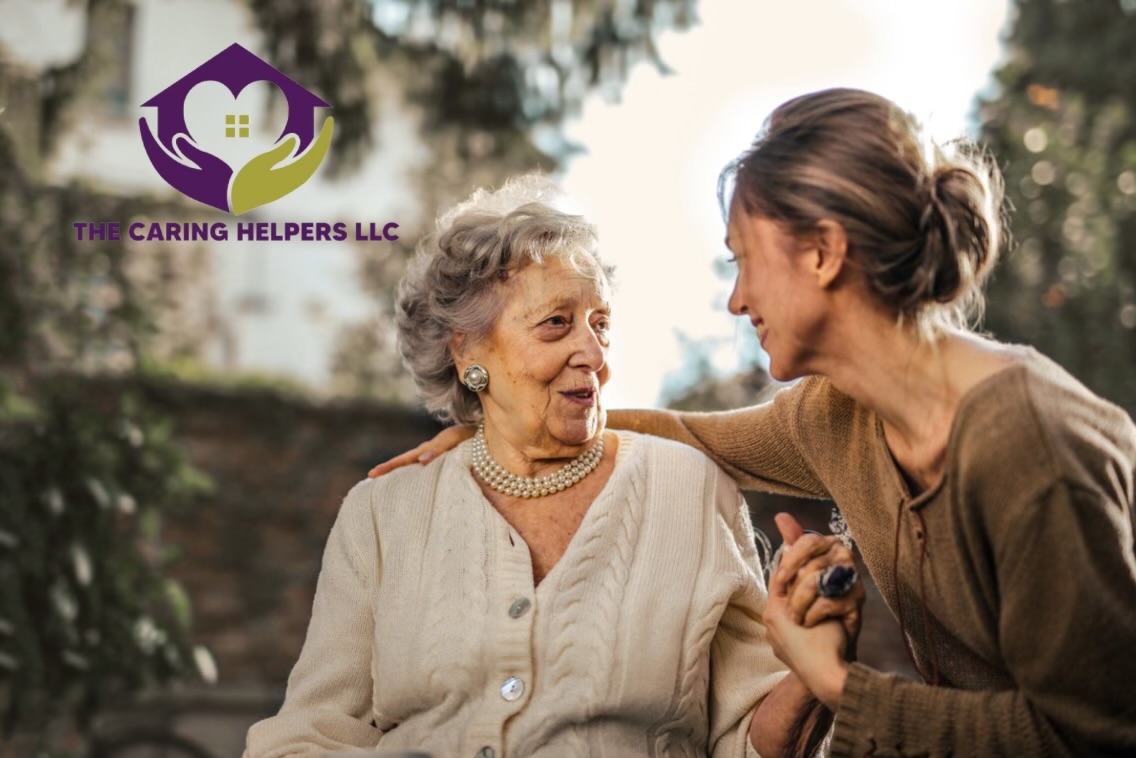When it comes to caring for loved ones at home, finding the right support can make all the difference. The Caring Helpers is more than just a home health agency — it’s a compassionate team dedicated to providing personal, customized care that helps families maintain comfort, independence, and peace of mind. Whether you’re seeking assistance for a loved one or need support in your own home, The Caring Helpers offers services that cater to both emotional well-being and daily life needs.
Who Are The Caring Helpers?
At The Caring Helpers, we understand that each person is unique, and their care should reflect that. We specialize in companion and homemaker services that focus on offering physical, emotional, and practical support for individuals who need assistance at home. Our trained and compassionate caregivers provide services that ensure a high standard of care, while also respecting the privacy and dignity of each person they assist.
Our Services
1. Companion Care:
Companionship is vital to maintaining mental and emotional well-being, especially for seniors or those facing long-term illness or disability. Our companions are more than just caregivers; they become trusted friends who engage in meaningful conversations, share activities, and bring joy into everyday life. From playing cards to taking walks in the park, our companions focus on keeping the mind active and fostering positive interactions.
2. Homemaker Services:
Keeping a home in order while managing daily responsibilities can be overwhelming, especially when mobility or health challenges are involved. Our homemaker services help clients maintain a clean, organized, and safe environment. This includes tasks such as light housekeeping, meal preparation, laundry, grocery shopping, and other household chores. By providing this assistance, we help clients focus on what matters most — their health, comfort, and happiness.
Why Choose The Caring Helpers?
Compassionate, Highly-Trained Staff:
Our caregivers are carefully selected and trained to meet the highest standards of care. They are not only skilled in assisting with physical tasks but also trained in providing emotional support. We understand that the well-being of our clients goes beyond just physical health, and our caregivers are trained to offer kindness, patience, and understanding.
Personalized Care Plans:
We recognize that each individual has unique needs, preferences, and goals. That’s why we create customized care plans tailored to your loved one’s specific situation. Whether it’s extra help with meals, medication reminders, or just someone to talk to, The Caring Helpers ensures that every client receives care that is personal and fulfilling.
Flexible Scheduling:
Life is unpredictable, and sometimes caregiving needs change. That’s why we offer flexible scheduling options to accommodate your needs. Whether you require part-time assistance, full-time care, or just a few hours a week, we’re here to ensure that you or your loved one gets the right support at the right time.
Peace of Mind for Families:
Caring for a loved one can be overwhelming, especially when you’re juggling other responsibilities. The Caring Helpers offers peace of mind to families by providing a reliable, professional caregiver to assist with their loved one’s daily needs. Knowing that your loved one is in good hands allows you to focus on other aspects of life with less worry.
The Caring Helpers’ Impact on Families
Our mission at The Caring Helpers is to foster independence, safety, and happiness in the lives of those we serve. We are committed to supporting families and individuals in maintaining a high quality of life, no matter what health challenges they may face. Our caregivers form lasting relationships with our clients, offering both physical and emotional care that makes a real difference.
If you’re looking for a compassionate and dependable home health agency, look no further than The Caring Helpers. Whether it’s assistance with daily living, companionship, or homemaker services, we are here to help your loved one live life with dignity, comfort, and joy.
Contact Us
To learn more about our services or to schedule a consultation, don’t hesitate to contact The Caring Helpers. We’re here to support you every step of the way on your caregiving journey.











